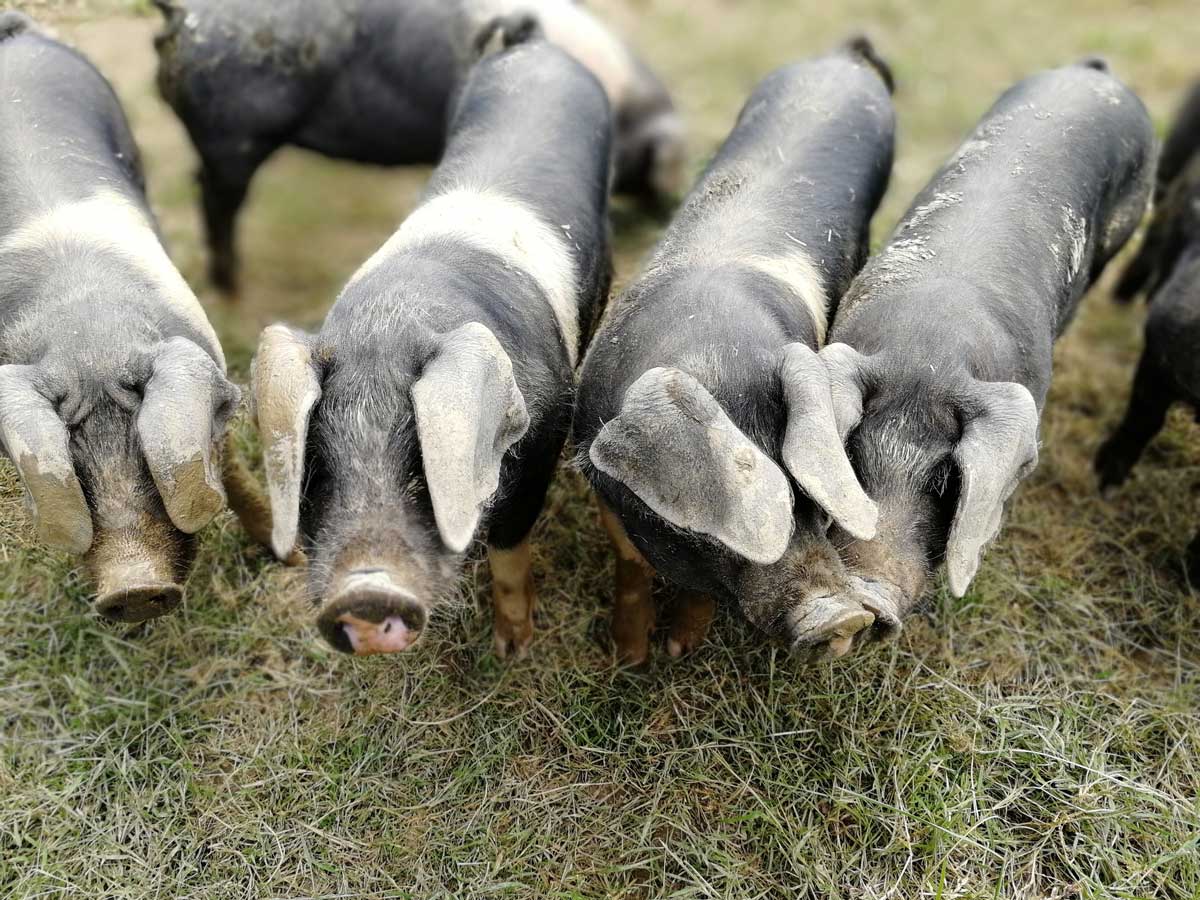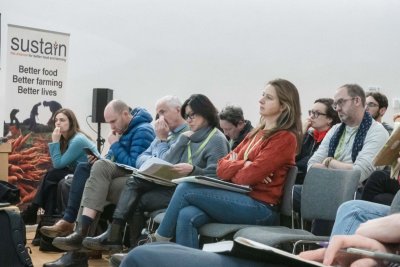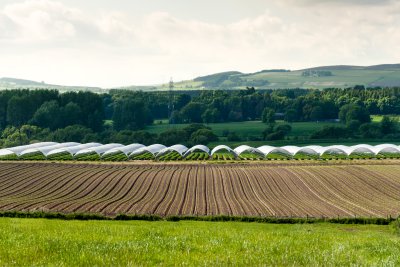 v hird
v hird

Interim Report: Farm Inspection and Regulation Review
In February 2018 the Secretary of State for Environment, Food and Rural Affairs commissioned an independent review of farm inspection and regulation. The purpose of the review is to identify ways to improve regulation to reduce burden on farmers and maintain and enhance animal, environmental and plant health standards.
“Leaving the EU gives governments the chance to rebalance regulation, to broaden it beyond a set of commands and to develop farm regulation as a broader concept, beyond the experience or resigned expectation of today’s farmers, landowners and environmentalists.” Interim Report
This article summarises the findings of the interim report, released in July 2018. The final report is due at the end of the calendar year. The review applies only to England.
The review argues that understanding the purpose of regulation is essential to determine how to regulate. From this perspective, current regulation is not a good fit with the government’s aims for farming; with an increasing governmental focus on environmental issues, animal welfare and achieving a more dynamic and self-sufficient agriculture industry, the report suggests that the government’s purpose for regulation can be framed as the following:
- Safeguard, maintain and enhance plant and animal health and animal welfare
- Secure, maintain and enhance good management of farmed land and the natural environment
- Facilitate agricultural trade
The report recognises that leaving the EU in fact presents an opportunity to do away with the often convoluted regulatory burdens of the Common Agricultural Policy (CAP). In its place, the authors see an opportunity to support:
- A more dynamic and self-reliant agriculture industry – with significantly more domestic production (such as Sustain has argued here)
- A different regulatory culture, a new way of regulating farming (such as Sustain has argued here in relation to redefining productivity)
Current Regulation
The interim report argues that standing in the way of such an outcome is a regulatory environment that is hugely problematic for responsible farmers and regulators alike. Often regulation is parochial and rigid, with conflicts of interest emerging through different regulatory bodies. This has discouraged transparency in the farmer-regulator relationship as farmers lack a supportive environment to admit areas that require improvement. As a consequence, the report paints a very negative picture of current farming regulation:
- Accumulative nature of farming legislation has created an unnecessarily complex and extensive array of regulatory requirements that often seem nonsensical but also overly-rigid. This brings farming regulation into disrepute.
- Regulation disproportionately favours large, commercial, sectoral farmers who have the resources to know what is required as well as the weak points in the regulation. In contrast small or new farmers generally struggle to grasp all imposed requirements.
- Incentives currently support discrete de-contextualised operations that fail to ensure key outcomes or underlying issues are actually addressed. This is compounded by sporadic and poorly coordinated Defra group and local authority inspections.
- Inspection programmes are not comprehensive or concerned with the overall state of compliance. Instead inspections tend to involve individual and (generally) single purpose visits to farms, to check one thing or another.
- Enforcement is not effective enough, non-compliance goes unchecked as Defra claims to lack the resources to ensure the necessary checks. Enforcement remains skewed to CAP scheme requirements, often deducting payments to farmers for non-compliance to excessively rigid requirements.
How can we regulate better?
To challenge the status quo, the report proposes a set of design principles for future regulatory arrangements. At the heart of these principles is flexible and adaptive regulation to constructively enhance and balance the government’s three defined purposes for regulation (see above). This includes:
- A spectrum of regulatory approaches to allow regulators the freedom to decide the best context-specific course of action.
- Independent regulatory arrangements to distance government from regulation.
- Systematic involvement of industry to create a shared sense of ownership in regulatory standards.
- Radical overhaul of compliance-checking and enforcement. Data and information analysis can be utilised beforehand to inform inspections. On-site inspections can be improved by a more comprehensive mandate, highlighting good practice and pinpointing areas for improvement. Assessment should be carried out in reference to government aims.
Sustain is concerned that the current regulatory bodies have been consistently starved of resources and capacity over the past decade to advise on and deliver regulatory functions. The proposed watchdog under a new Environment Act may compound the issue of enforcement capacity and oversight unless budgets are adequate.
Overall however, Sustain welcomes this report and the emphasis on a clearly defined purpose for regulation to support regulators in achieving their overall outcomes. We agree this will allow for more flexibility to make context-specific decisions to determine the best regulatory strategy. This requires a more integrated approach to regulation. The report notes that currently no one agency is fully empowered, nor has complete oversight to reconcile competing priorities.
Sustainable Farming Campaign: Pushing for the integration of sustainable farming into local, regional and national government policies.
Sustain
The Green House
244-254 Cambridge Heath Road
London E2 9DA
020 3559 6777
sustain@sustainweb.org
Sustain advocates food and agriculture policies and practices that enhance the health and welfare of people and animals, improve the working and living environment, promote equity and enrich society and culture.
© Sustain 2026
Registered charity (no. 1018643)
Data privacy & cookies
Icons by Icons8







